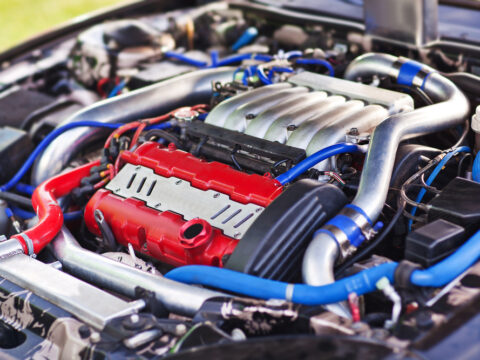DIY car maintenance and repairs can seem cost-effective, but they come with significant drawbacks. Lack of proper tools and expertise can lead to incomplete or improper repairs, potentially causing further damage to the vehicle. Safety is a major concern, as working on cars involves risks that professionals are trained to manage. Additionally, DIY repairs can void warranties, and obtaining specialized parts can be challenging. Here are some key drawbacks of DIY car maintenance and repairs.
Contents
Lack of Proper Tools
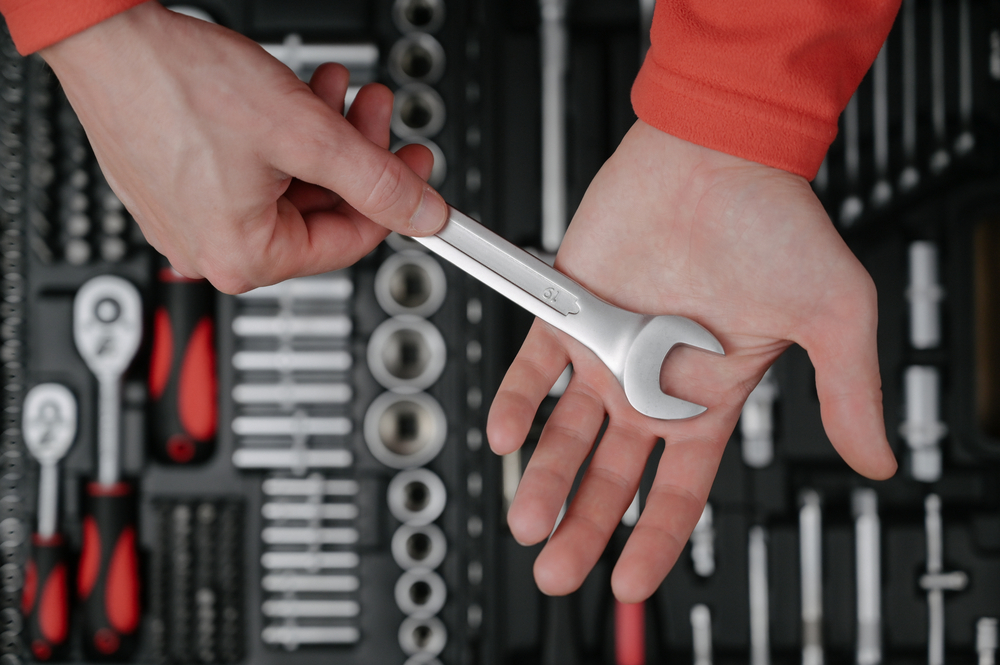
One of the main drawbacks of DIY car maintenance and repairs is the lack of access to specialized tools. Professional mechanics use specific tools designed for particular tasks, which are often expensive and not commonly found in a home garage. Attempting repairs without the proper tools can lead to incomplete or incorrect fixes, causing further damage or safety issues. Tip: Invest in a basic set of quality tools and gradually expand your collection as needed for specific tasks.
Limited Knowledge and Expertise
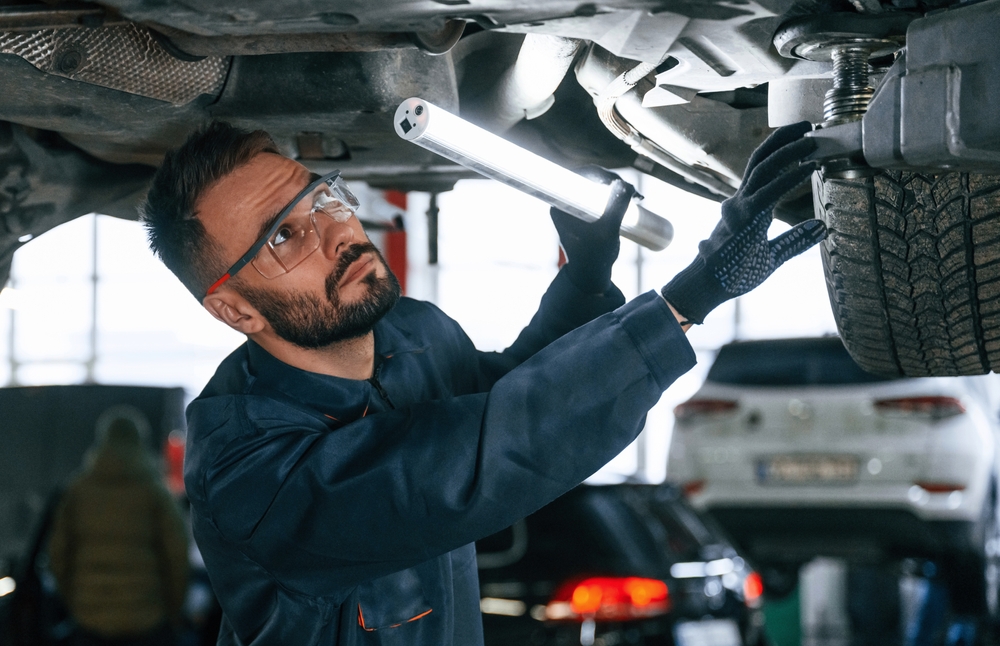
DIY enthusiasts often lack the in-depth knowledge and expertise of professional mechanics. Modern vehicles are complex, with intricate systems that require specialized understanding. Mistakes made due to a lack of knowledge can lead to costly repairs and even safety hazards. Recommendation: Take the time to research and learn about your vehicle’s systems and consider taking automotive courses to improve your skills.
Time-Consuming
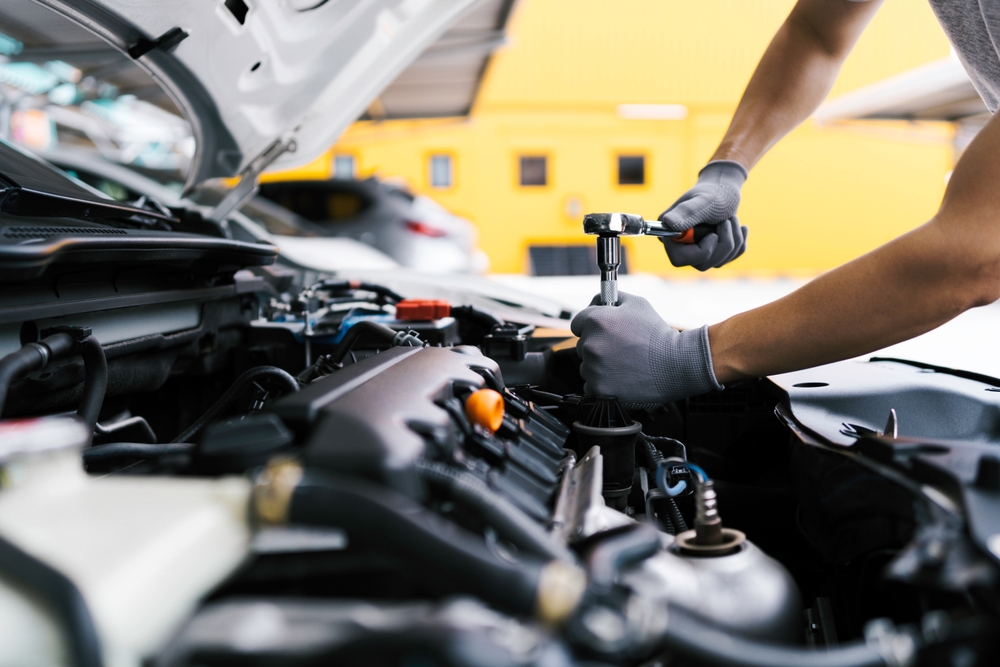
DIY car maintenance and repairs can be highly time-consuming, especially for those without experience. Tasks that a professional might complete in a short time could take hours or even days for a DIYer. This can lead to frustration and delays in getting your vehicle back on the road. Tip: Plan your DIY projects carefully, allowing ample time for unexpected challenges, and avoid attempting complex repairs if you’re on a tight schedule.
Potential for Injury
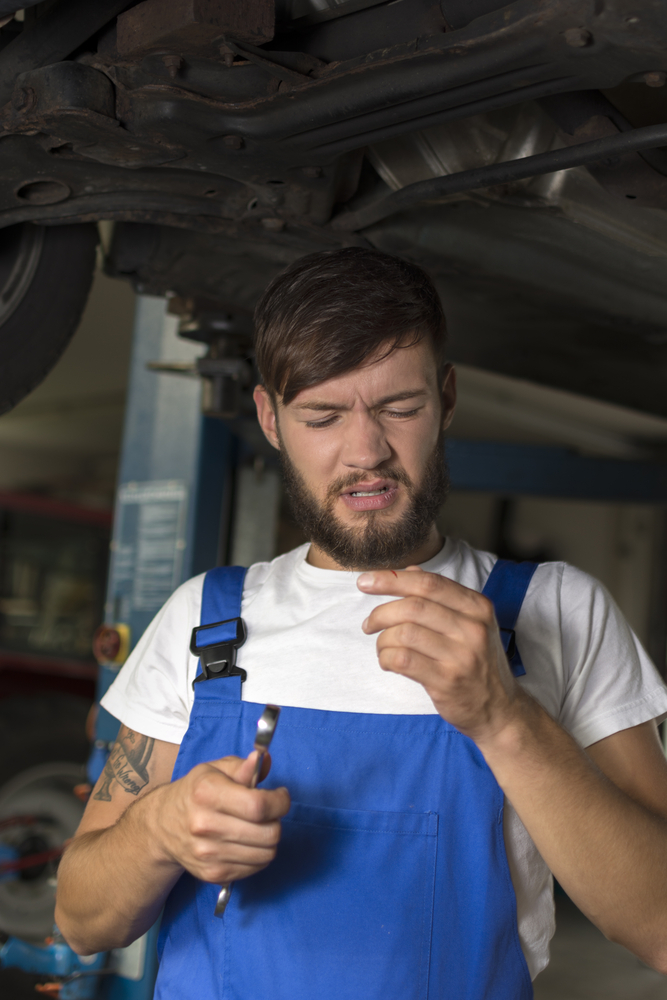
Working on cars involves physical risks, including cuts, burns, and other injuries. Lifting heavy parts, handling sharp tools, and working in awkward positions can all lead to accidents. Without proper safety equipment and knowledge of safe practices, DIY repairs can pose significant health risks. Recommendation: Always wear protective gear, such as gloves and safety glasses, and follow safety guidelines to minimize the risk of injury.
Voiding Warranties

Many car warranties require that maintenance and repairs be performed by certified professionals. DIY work can void these warranties, leaving you responsible for the full cost of any future repairs. This can be particularly costly for newer vehicles still under manufacturer warranty. Tip: Review your vehicle’s warranty terms before attempting any DIY work and consider having a professional handle maintenance tasks covered by the warranty.
Diagnostic Challenges
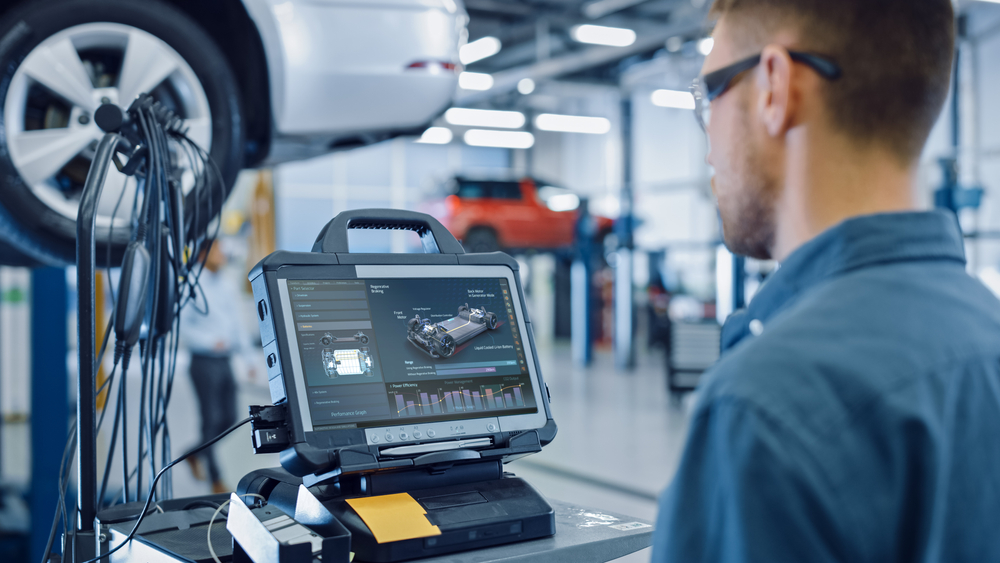
Modern vehicles have complex computer systems that require specialized diagnostic equipment to identify issues accurately. DIY mechanics often lack access to these tools, making it difficult to diagnose problems correctly. Misdiagnosis can lead to unnecessary repairs or missed issues that could worsen over time. Recommendation: Consider investing in a basic OBD-II scanner to help diagnose common issues and consult a professional for more complex diagnostics.
Lack of Access to Technical Information

Professional mechanics have access to detailed service manuals, technical bulletins, and other resources that provide essential information for repairs. DIYers may not have the same level of access, leading to incomplete or incorrect procedures. Tip: Purchase a service manual for your vehicle and use reputable online resources to supplement your knowledge.
Potential for Further Damage
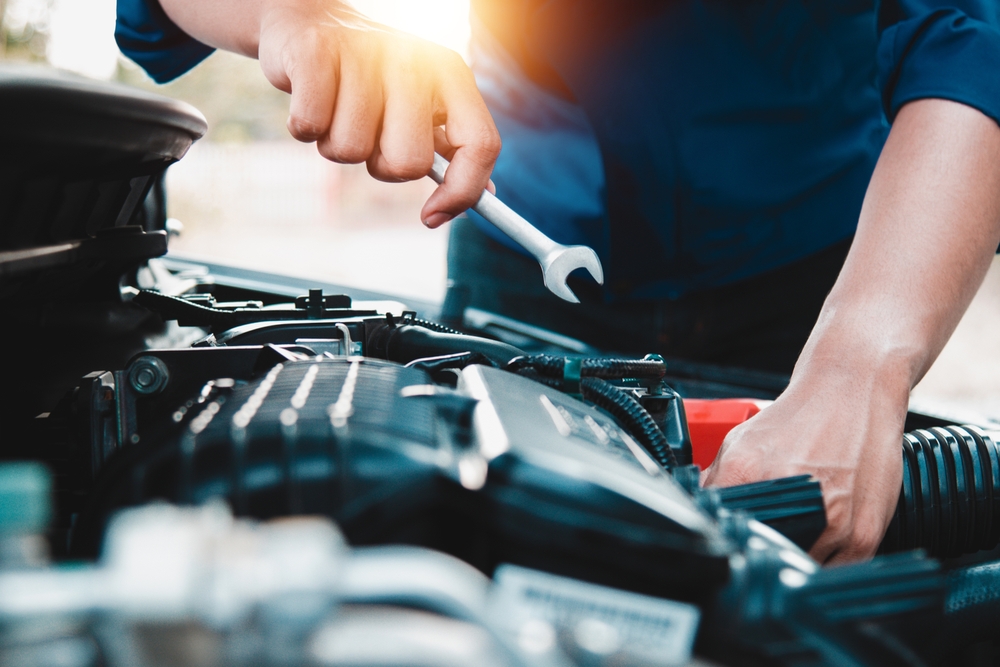
Inexperienced DIY mechanics risk causing further damage to their vehicles. Incorrectly performed repairs can lead to more significant issues down the line, resulting in higher repair costs and potential safety hazards. Recommendation: Start with simple maintenance tasks and gradually progress to more complex repairs as your skills and confidence grow. Don’t hesitate to seek professional help if you’re unsure about a procedure.
Disposal of Hazardous Materials
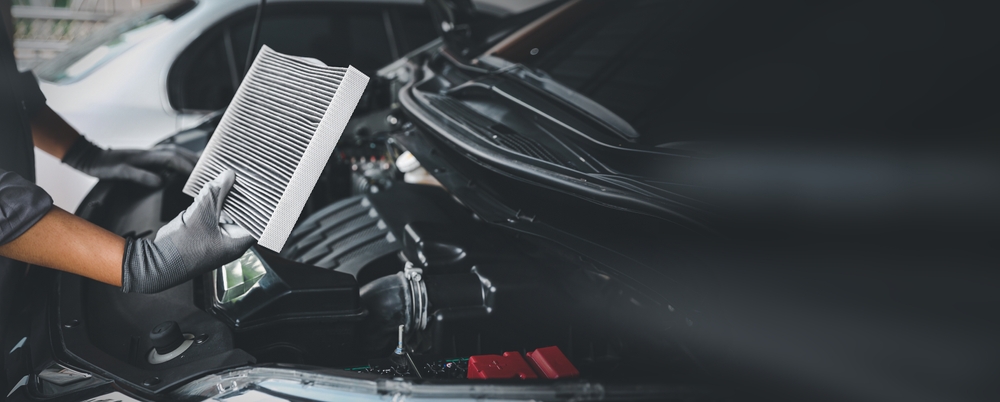
Car maintenance often involves handling hazardous materials such as oil, coolant, and brake fluid. Proper disposal of these substances is essential to avoid environmental harm and legal penalties. DIYers may not be aware of local regulations and best practices for disposal. Tip: Research local disposal regulations and facilities before starting your project, and always dispose of hazardous materials responsibly.
Inconsistent Quality
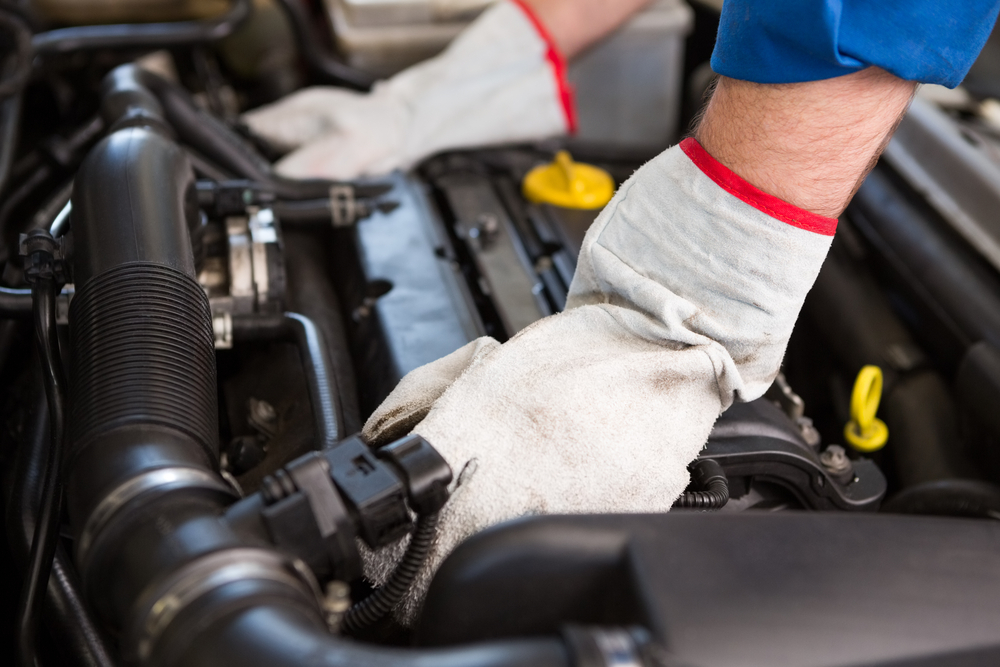
The quality of DIY repairs can vary widely depending on the individual’s skills and experience. Inconsistent repair quality can lead to unreliable vehicle performance and increased risk of breakdowns. Recommendation: Take the time to do thorough research and follow step-by-step guides for each repair task to ensure the best possible outcome.
Lack of Specialized Training
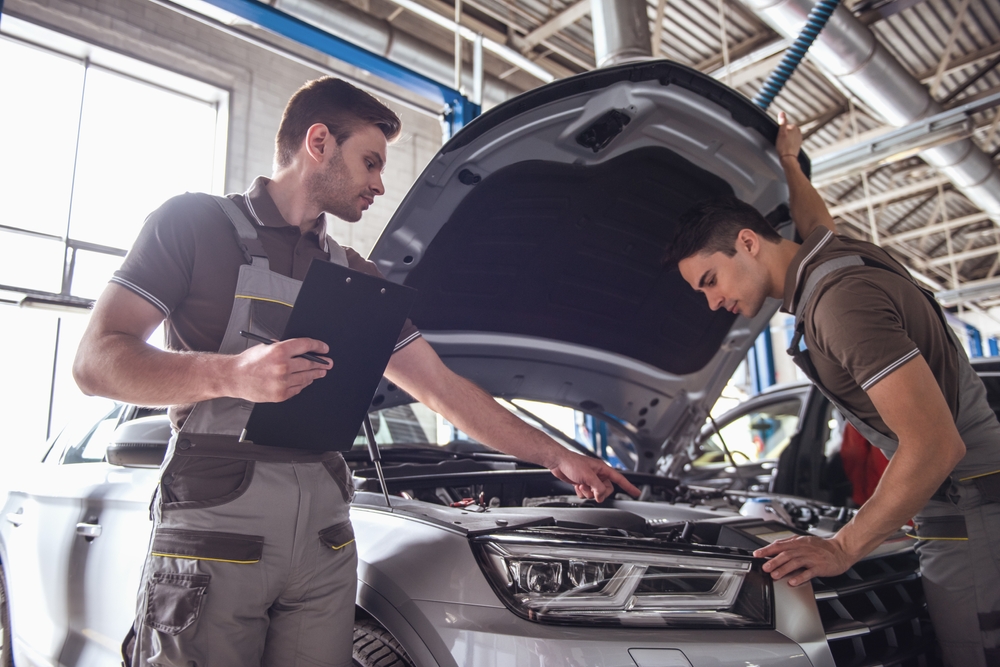
Professional mechanics undergo extensive training to stay current with the latest automotive technologies and repair techniques. DIYers often lack this specialized training, making it challenging to handle modern vehicle systems. Tip: Attend workshops, watch instructional videos, and read up on the latest automotive technologies to improve your knowledge and skills.
Difficulty in Sourcing Quality Parts
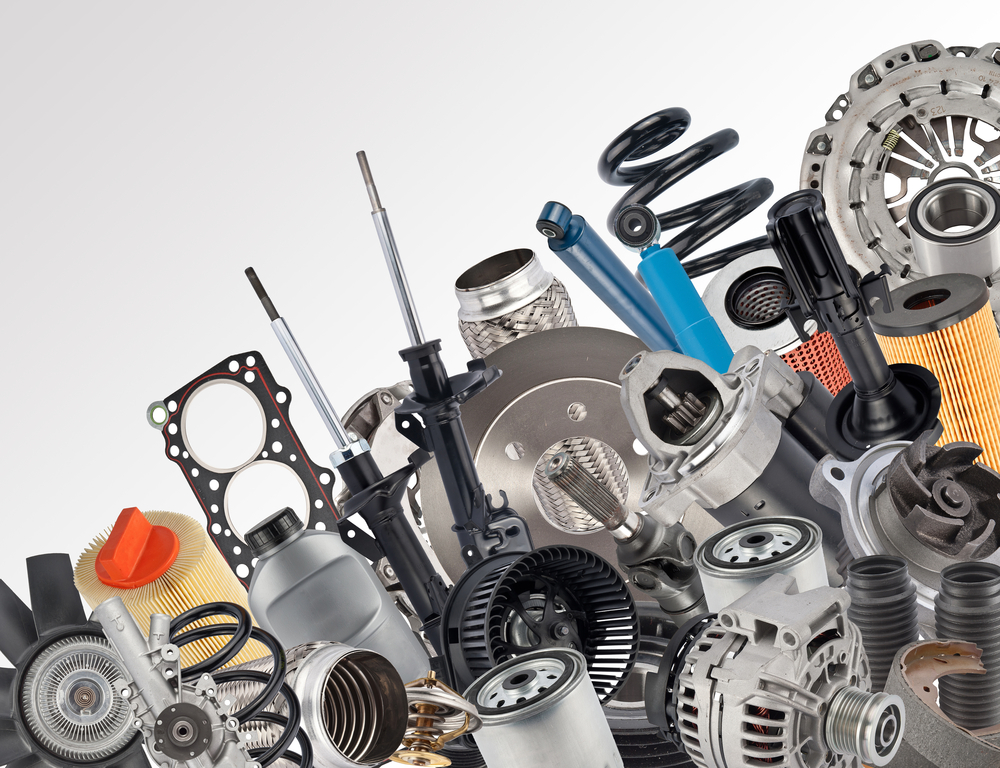
DIY mechanics may struggle to find high-quality replacement parts, especially for older or less common vehicles. Using subpar or incorrect parts can compromise the effectiveness of repairs and lead to further issues. Recommendation: Use reputable suppliers and verify the compatibility and quality of parts before purchasing.
Insurance and Liability Issues
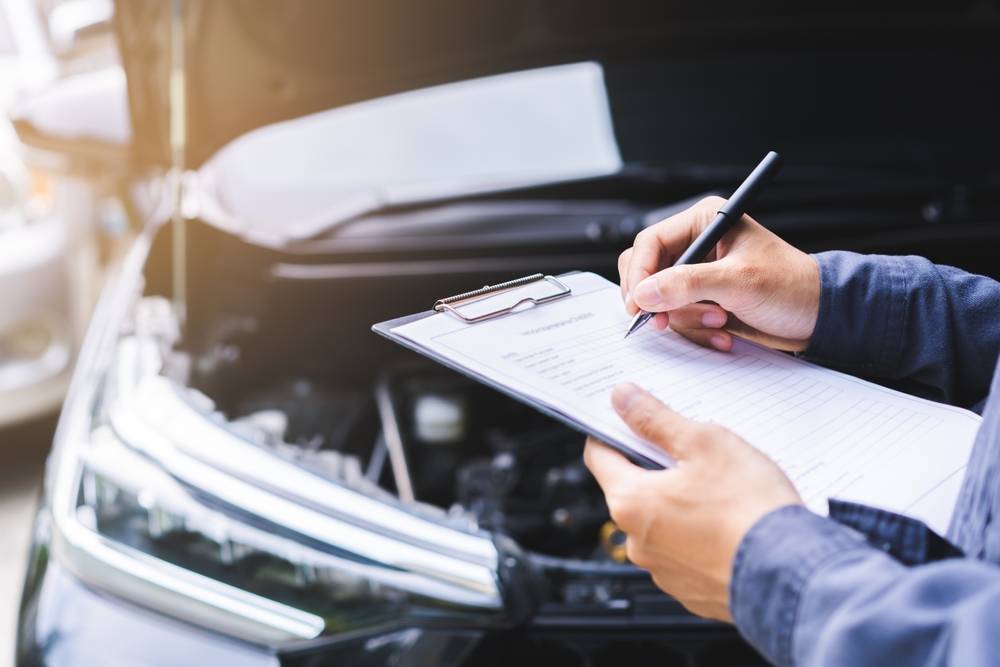
Improperly performed DIY repairs can lead to accidents or damage that may not be covered by insurance. Additionally, if your repairs cause harm to others, you could be held liable. Tip: Consult your insurance policy to understand any implications of DIY repairs and consider having critical safety-related repairs performed by a professional.
Incomplete Repairs

DIY enthusiasts may complete only part of a necessary repair due to lack of tools, knowledge, or parts. Incomplete repairs can leave underlying issues unresolved, leading to further problems. Recommendation: Thoroughly assess the scope of the repair before starting and ensure you have all necessary tools, parts, and information to complete the job.
Difficulty in Troubleshooting Complex Issues

Modern vehicles often have interconnected systems, making it challenging to troubleshoot complex issues without a deep understanding of automotive diagnostics. DIYers may struggle to identify the root cause of a problem, leading to ineffective repairs. Tip: Start with simpler maintenance tasks to build your diagnostic skills and seek professional assistance for more complex issues.
Limited Workspace
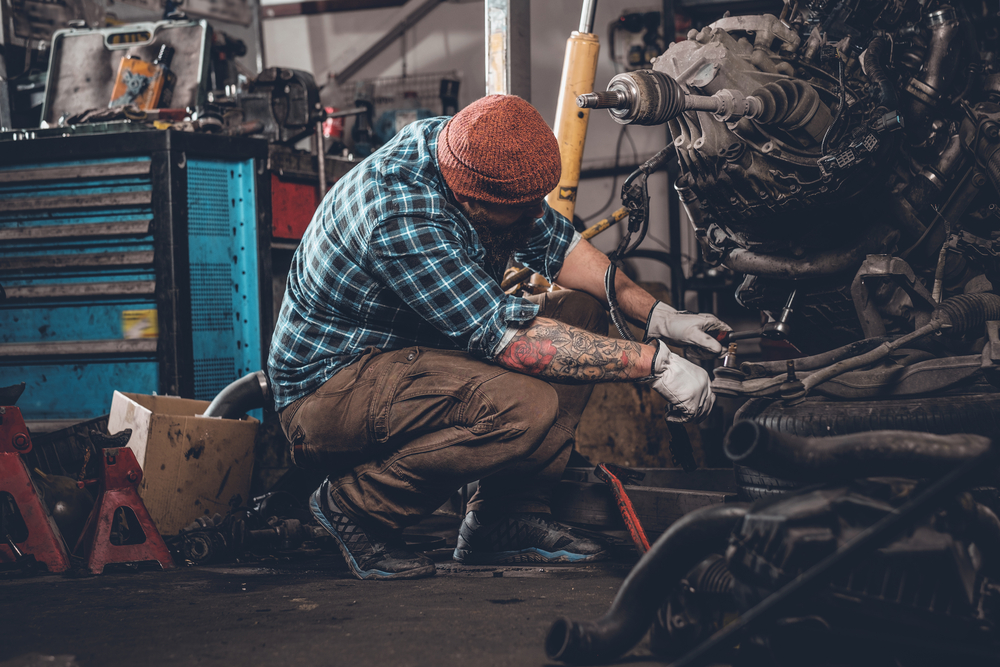
Many DIY mechanics work in limited spaces such as home garages or driveways, which may not be adequately equipped for extensive repairs. This can lead to difficulties in maneuvering tools and parts, and may even pose safety risks. Recommendation: Ensure your workspace is well-organized and adequately equipped for the task at hand. Consider renting space or tools for larger projects.
Potential for Missed Recalls or Updates
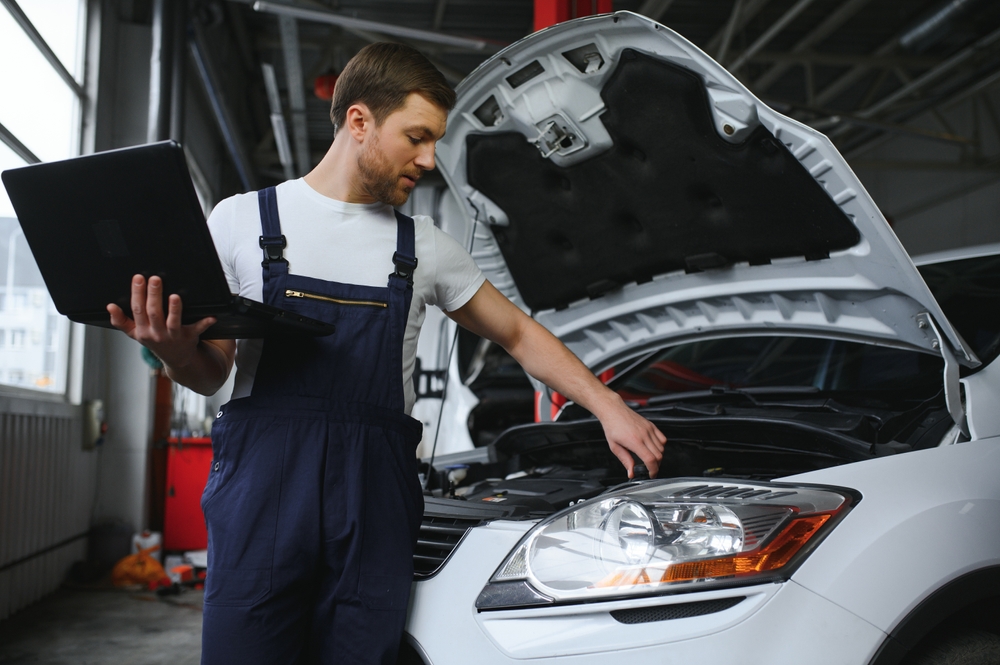
Professional mechanics often receive notifications about vehicle recalls, software updates, and service bulletins, ensuring they address all relevant issues during repairs. DIYers may miss these critical updates, leading to unresolved safety or performance concerns. Tip: Regularly check for recalls and service bulletins related to your vehicle and address them promptly.
Lack of Professional Inspection

Professional mechanics often inspect the entire vehicle during routine maintenance, identifying potential issues before they become significant problems. DIYers may focus solely on the task at hand, missing other critical issues that require attention. Recommendation: Perform regular, comprehensive inspections of your vehicle and seek professional inspections periodically to ensure all systems are functioning correctly.
Difficulty in Keeping Records
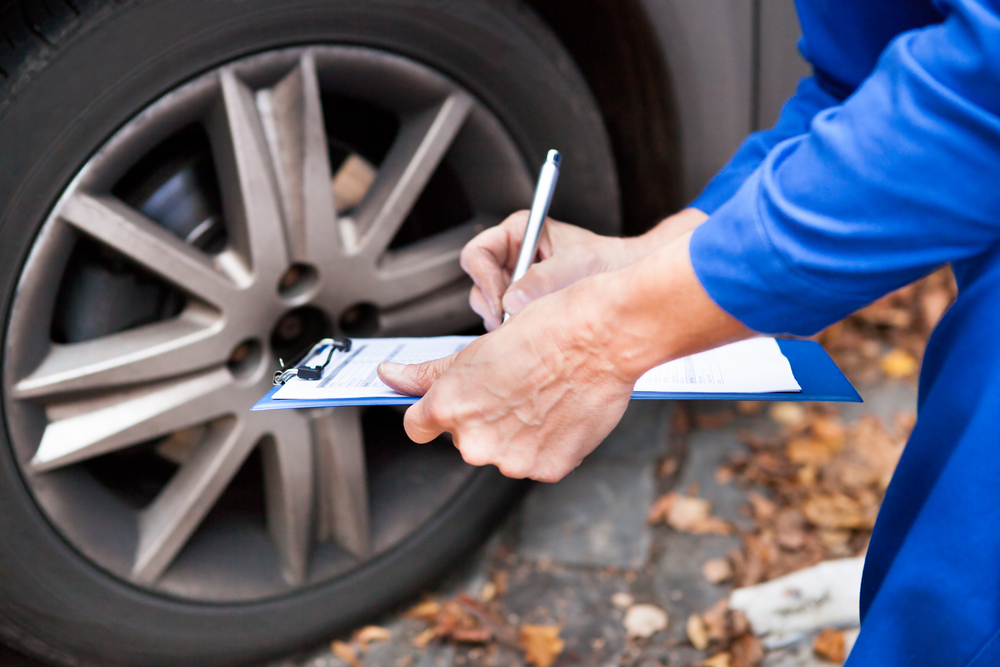
Maintaining detailed service records is essential for tracking maintenance history and preserving the resale value of your vehicle. DIYers may neglect to keep accurate records of their work, leading to gaps in the vehicle’s maintenance history. Tip: Keep a logbook or digital record of all maintenance and repairs, including dates, parts used, and procedures performed.
Potential for Voiding Insurance Coverage
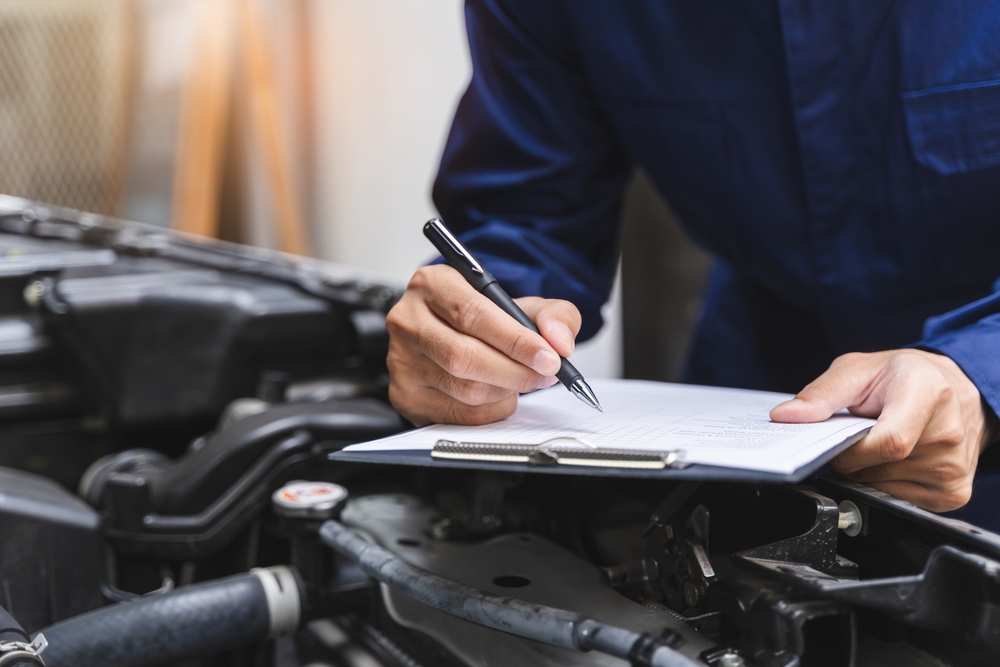
Some insurance policies require that repairs be performed by licensed professionals to maintain coverage. DIY repairs may void your coverage, leaving you financially responsible for any damages or accidents resulting from your work. Recommendation: Review your insurance policy to understand any restrictions related to DIY repairs and consider professional assistance for critical tasks.
This article originally appeared on MyCarMakesNoise.
More from MyCarMakesNoise
20 Stunningly Designed Motorcycles That Turn Heads

Some motorcycles are more than just a means of transportation—they’re works of art that command attention wherever they go. With sleek lines, bold colors, and innovative designs, these bikes are built to turn heads and make a statement. Read More
20 Issues That Arise from Using Cheap Fuel in Your Car

Using cheap fuel in your car might seem like a cost-saving measure, but it can lead to several issues that could end up costing you more in the long run. Low-quality fuel can cause engine knocking, reduce fuel efficiency, and lead to buildup in the fuel injectors, which hampers performance. Read More
20 Formerly Coveted American Coupes That Have Lost Their Luster

Once symbols of style and performance, many American coupes have seen their popularity fade over time. These cars, which were once coveted for their sleek designs and powerful engines, now struggle to maintain the same appeal in a market dominated by SUVs and sedans. Read More


